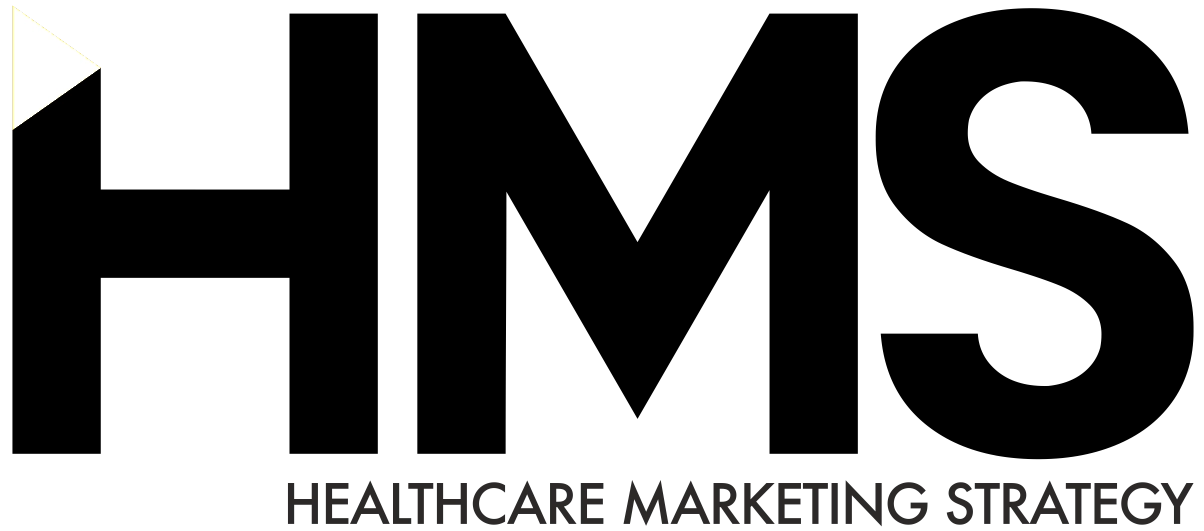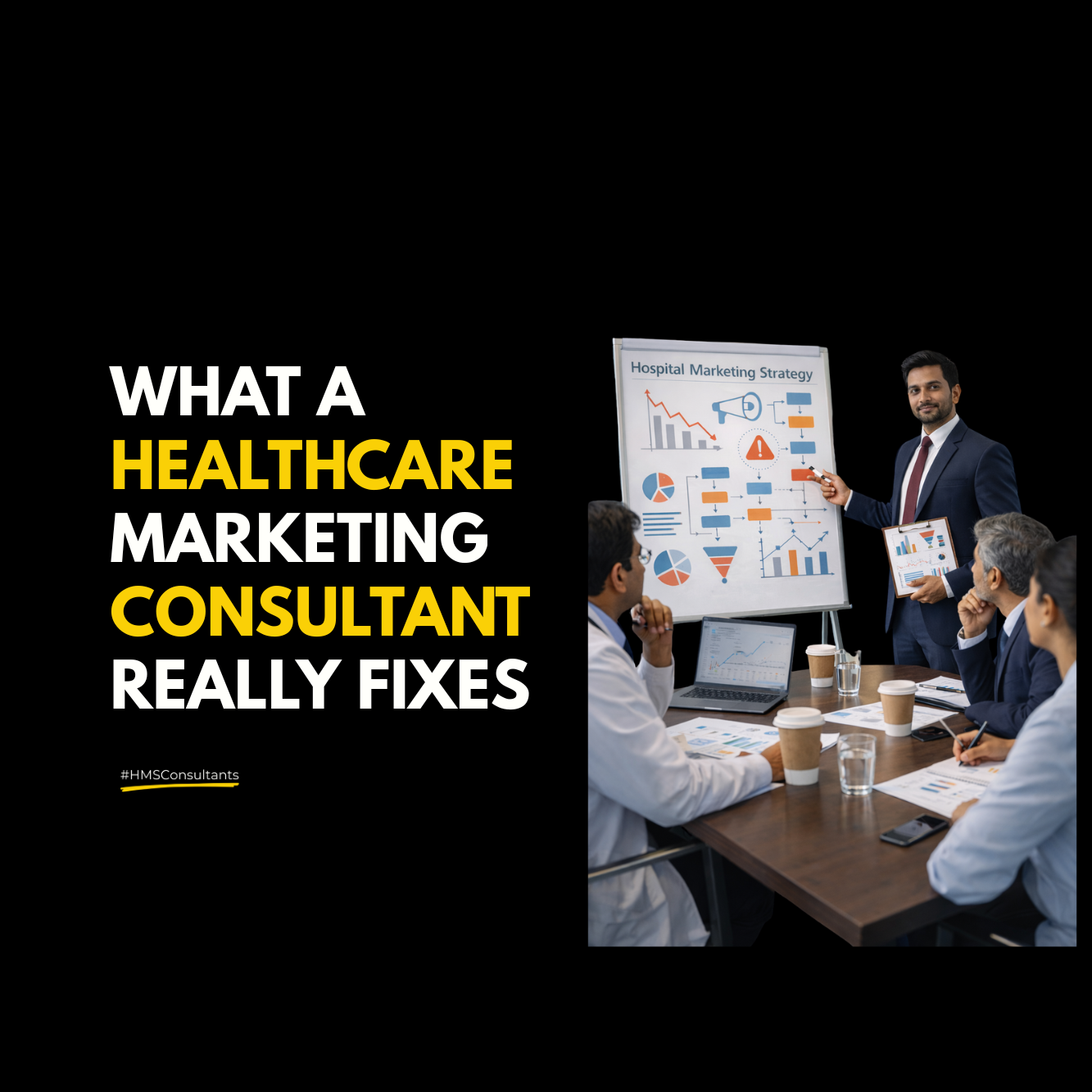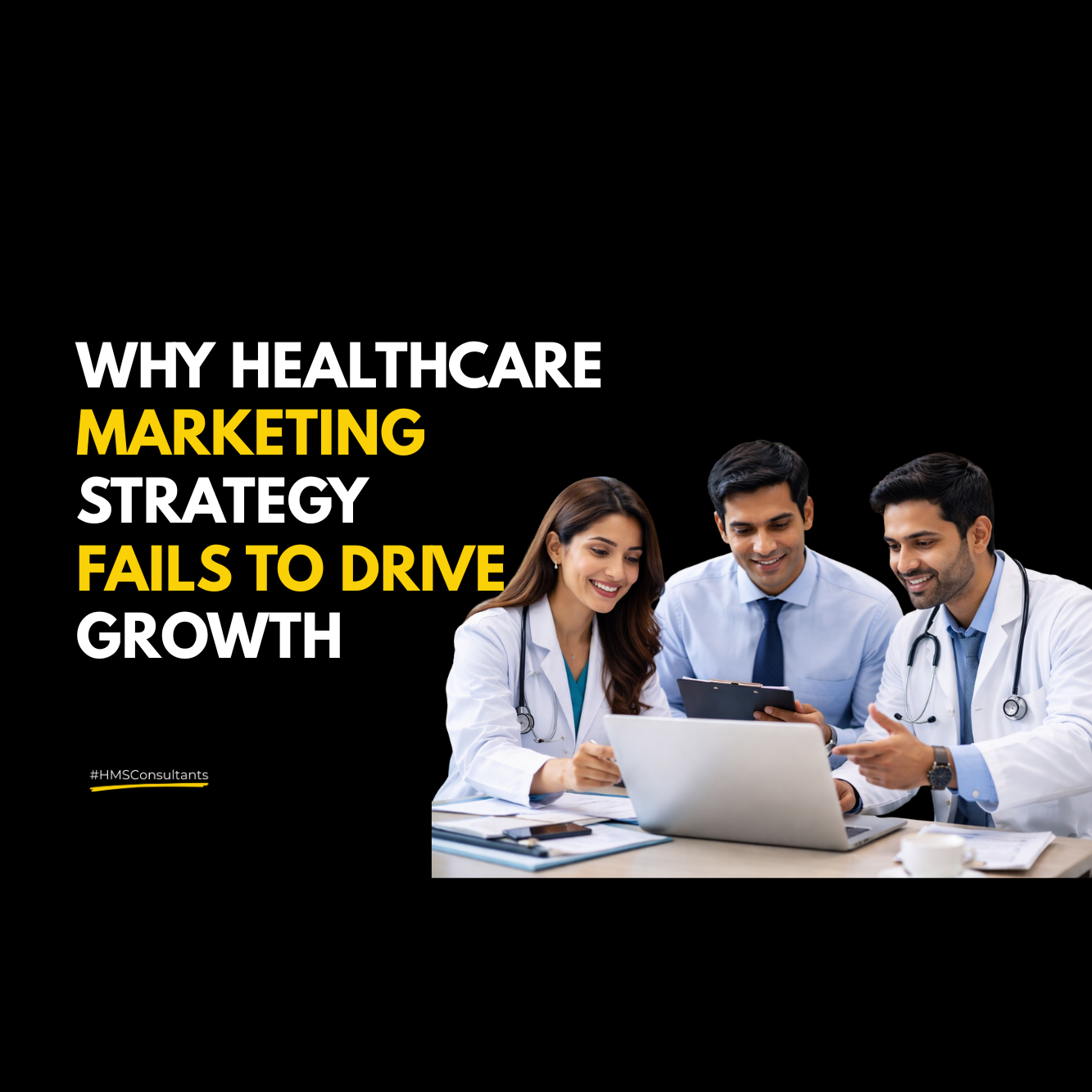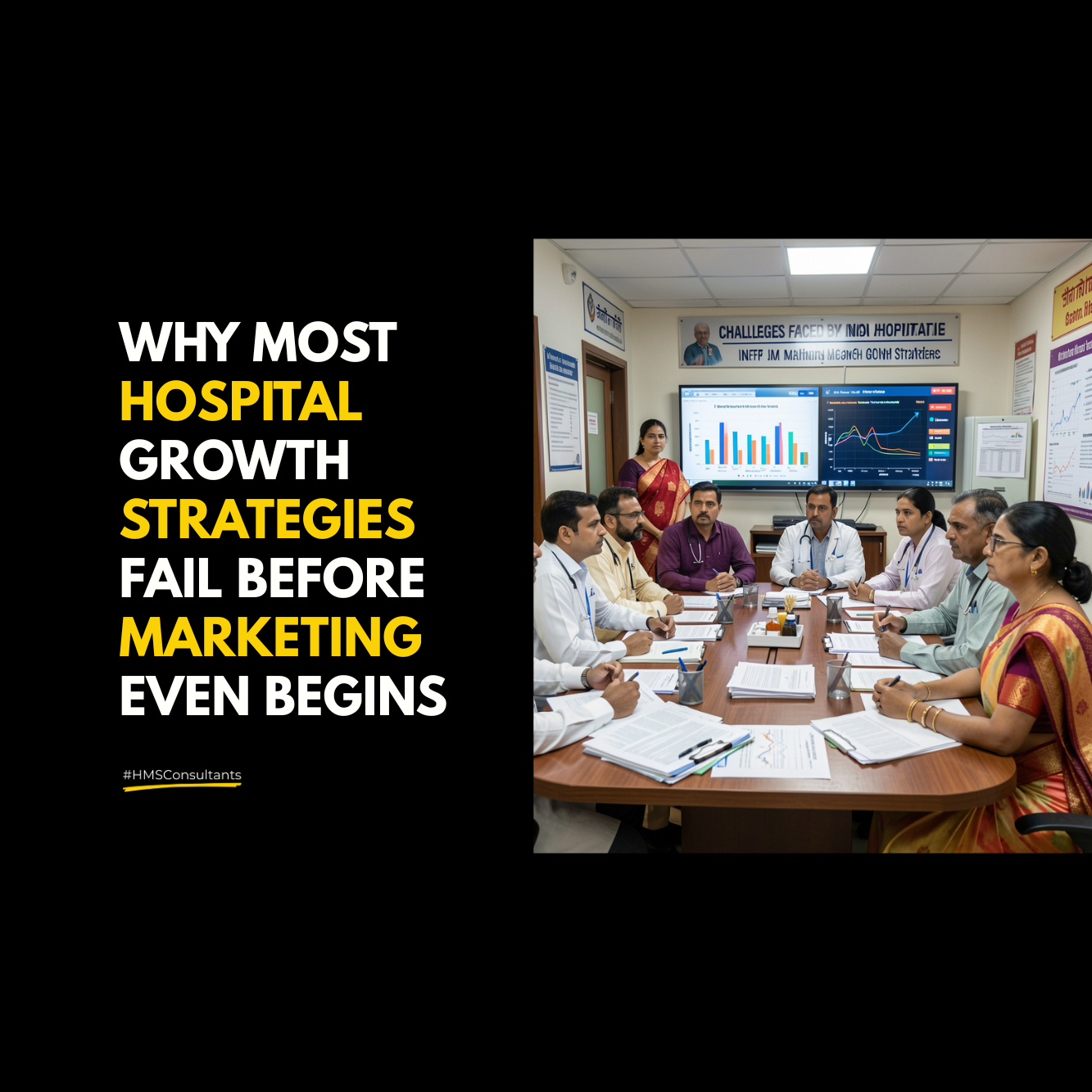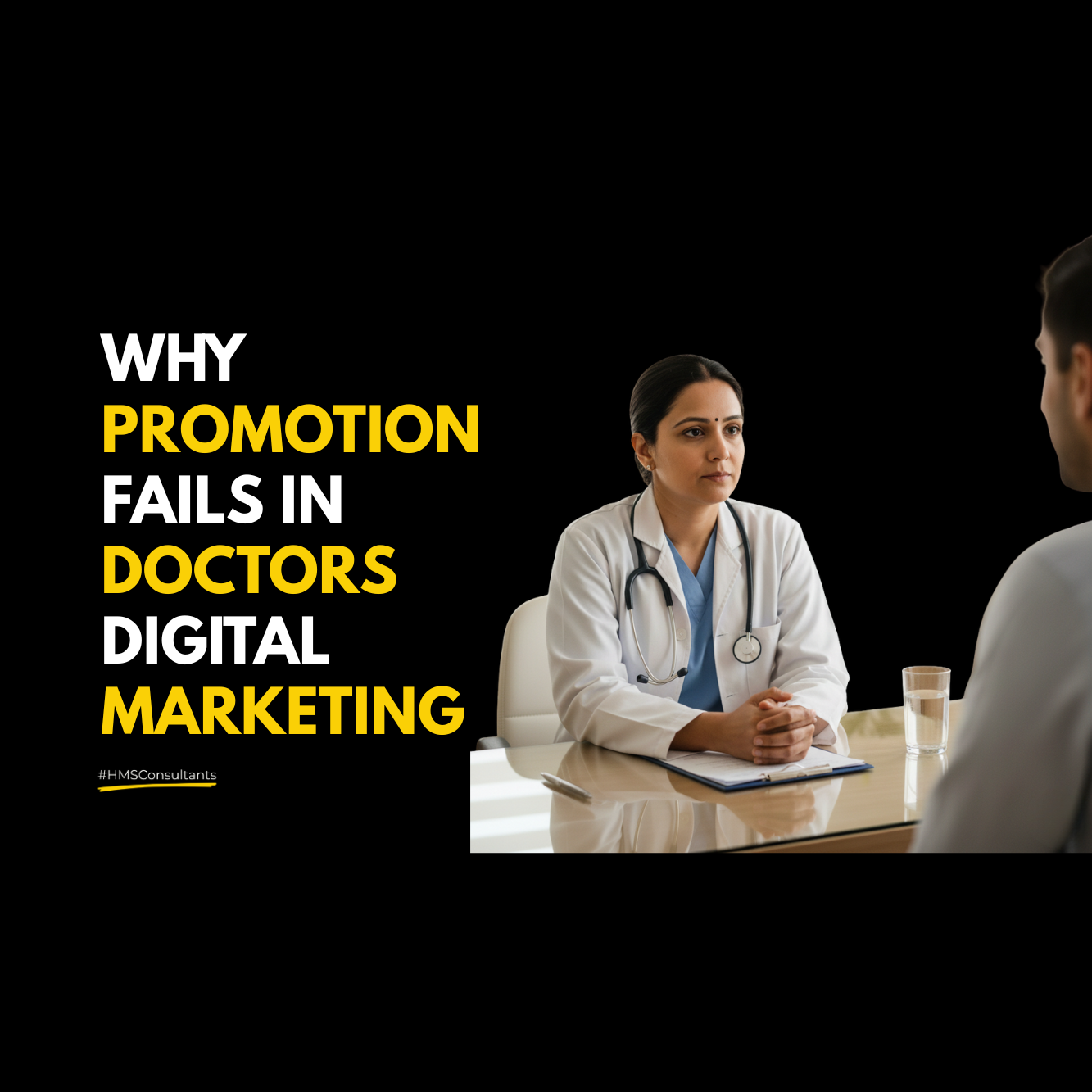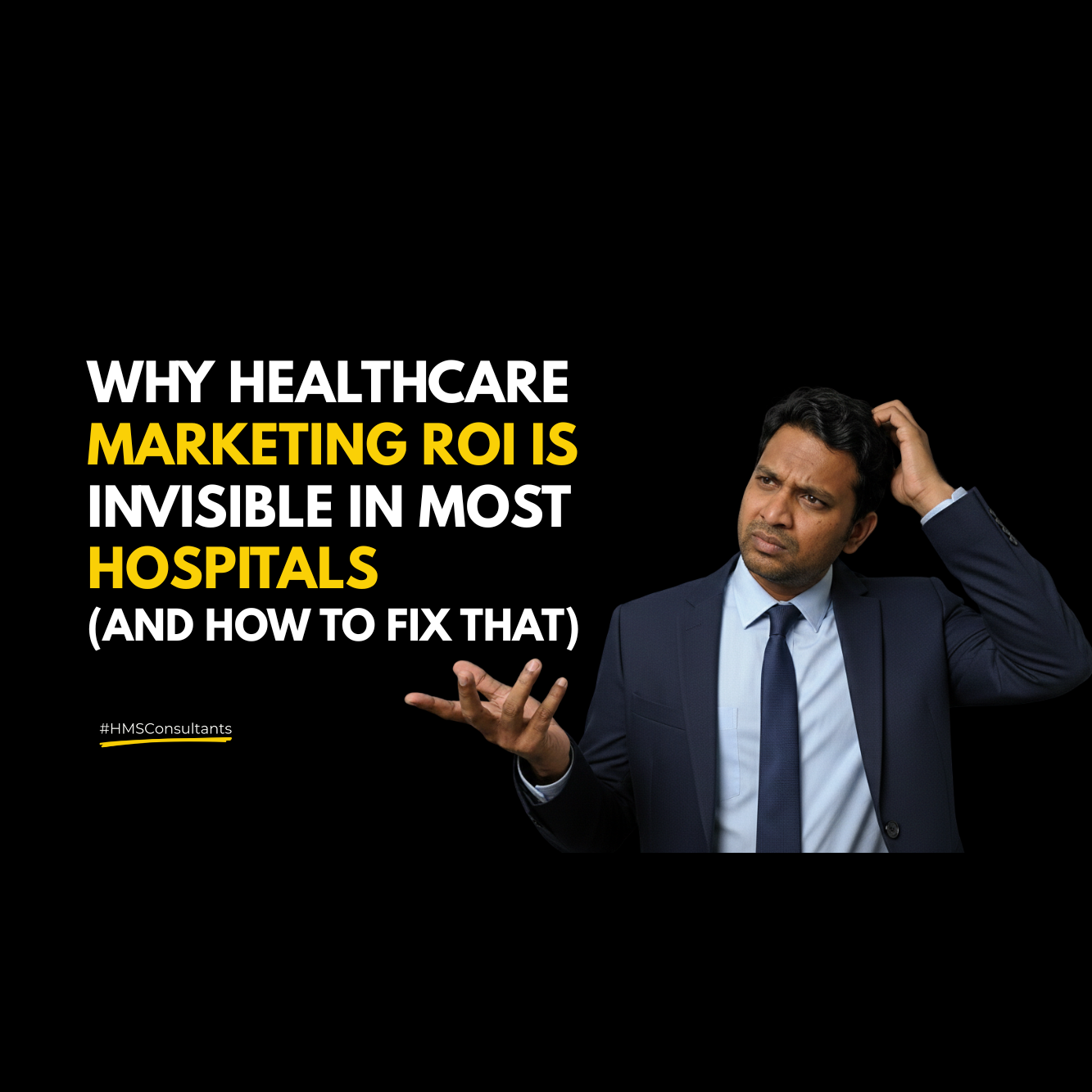1. AI and the New Age of Patient Acquisition
For decades, patient acquisition relied on referrals, outdoor ads, and reputation. Now, the journey begins online, on search engines, health portals, and even voice assistants.
AI helps healthcare providers understand where their next patient comes from and what triggers a decision to choose a particular hospital or doctor.
a. Smarter Search Visibility
Search algorithms now reward relevance and expertise. AI tools can analyse keywords, content trends, and patient intent, identifying what people are really looking for when they type “best diabetes care near me” or “painless cataract options.”
For hospitals, this means content and communication can be crafted intelligently:
- Blogs and pages that answer fundamental questions.
- Conversational chatbots that guide visitors.
- Ad campaigns that adapt to patient needs, not just demographics.
b. Predictive Patient Targeting
AI-based CRM systems can use past data, appointment patterns, demographics, and treatment preferences to predict when a patient might need follow-up care or when similar audiences are likely to convert.
Instead of blanket advertising, hospitals can focus on micro-segments such as:
- “Working professionals aged 35–50 at risk for diabetes.”
- “New parents in a 5-km radius searching for paediatric consultation.”
This level of precision not only reduces marketing costs but also improves conversion rates and customer satisfaction.
c. Reputation and Review Management
AI-driven sentiment analysis can scan hundreds of online reviews, comments, and patient feedback to identify service gaps and perception trends.
Hospitals can act on real insights:
“Patients appreciate our doctors but often complain about waiting time.”
“Follow-up communication after discharge is inconsistent.”
Such insights, when integrated into strategy, transform reputation management into experience improvement.
